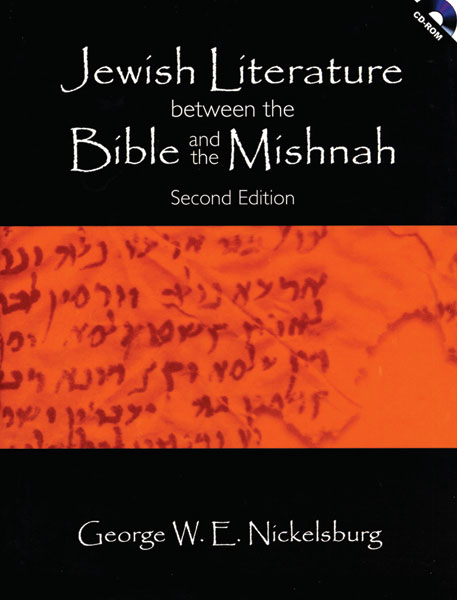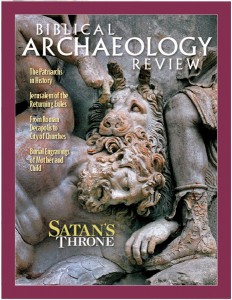
Although the Hebrew Bible is the best-known text from the Jewish past, Jews wrote far more literature than the books that now constitute the Bible. A significant portion of this additional material has survived. And more has been discovered in the past century or so.
The different categories of ancient Jewish literature outside the Bible are not very satisfactorily named, however, but long scholarly usage has entrenched certain terms. “Apocrypha” is the name given to a group of seven writings today found in the Catholic Bible, but not in the Jewish Bible (whose content is the same as the Protestant Old Testament). The Apocrypha includes such books as the Wisdom of Ben Sira and 1-2 Maccabees. Jerome, the fourth-century translator of the Latin Vulgate, applied the term “apocrypha” to these books, and Protestants continue to use it.
A catchall term for another set of Jewish writings is Pseudepigrapha—a word that originally referred to books written by someone under an assumed or false name (like Enoch or Adam). In more recent usage it has come to designate Jewish texts written in the last centuries B.C.E. and the first century C.E. and not included in other collections like the Apocrypha. The English language version of the Pseudepigrapha edited by James Charlesworth contains more than 50 different texts, including 1–3 Enoch, Jubilees and the Testaments of the Twelve Patriarchs.
Already a library member? Log in here.
Institution user? Log in with your IP address.

